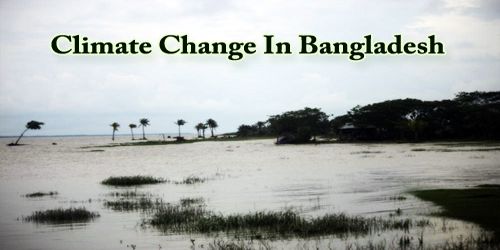Going beyond English is critical for global conservation efforts. While English is widely spoken and used as a lingua franca in many areas, it is critical to recognize the value of linguistic diversity in the context of conservation. According to an international research team, research in languages other than English is critical for biodiversity conservation but is shockingly underutilized globally.
Dr Tatsuya Amano, from The University of Queensland’s School of Biological Sciences, led a worldwide study that investigated national reports on biodiversity conservation in 37 countries and territories where English is not an official language.
“Non-English-language literature is almost entirely neglected in global biodiversity assessments,” Dr Amano said.
English has been used as the common language of science for decades, and this makes international communication much easier. However, much research in the field of biodiversity conservation is still being published in other languages. Ignoring it could be a big problem, because we often don’t know what to conserve and how to conserve it.
Dr Tatsuya Amano
“This means that there is a significant risk that existing global assessments will overlook important conservation science by ignoring non-English-language literature.” For example, only 3.4% of references in the Intergovernmental Science-Policy Platform on Biodiversity and Ecosystem Services (IPBES) reports are in non-English languages, a shockingly low figure.”
The team discovered that non-English-language literature was extensively used in most national reports but was not reflected in global reports. Despite the benefits of a common language, Dr. Tatsuya believes that diversity of input is critical to the survival of the world’s species.
“English has been used as the common language of science for decades, and this makes international communication much easier,” he explained. “However, much research in the field of biodiversity conservation is still being published in other languages. Ignoring it could be a big problem, because we often don’t know what to conserve and how to conserve it.”

The team suggest that further international collaboration is essential to developing more effective conservation science, and therefore more effective policy interventions. “Our research project is a great example of how cross-language, international collaborations can lead to better scientific outcomes,” Dr Amano said.
“We worked with over 100 people who are native speakers of about 20 languages to identify important science that is only available in non-English languages.” The use of machine translation tools would also help to solve this problem more broadly, but validation by human native speakers would still be required.”
“Developing multilingual databases of relevant literature, as we did in a recent paper in collaboration with the Conservation Evidence project, is also effective.” The world would be able to use the best scientific knowledge available, regardless of the language in which it is published, with these approaches.”
Including languages other than English in conservation efforts is critical for effective engagement, community empowerment, traditional knowledge inclusion, improved communication, cultural preservation, and global collaboration. Conservationists can increase their impact and ensure a more comprehensive and equitable approach to protecting our planet’s precious ecosystems by recognizing and valuing linguistic diversity.
















